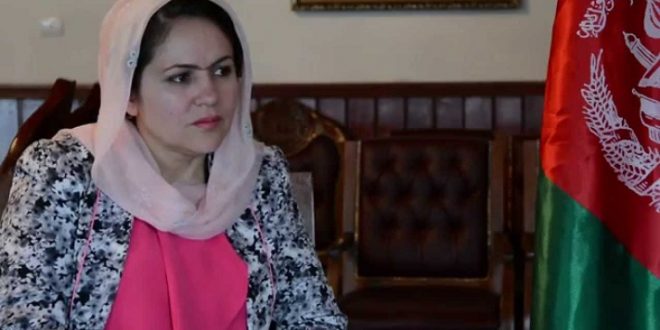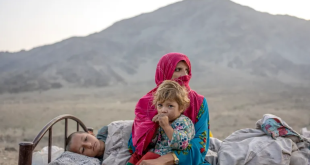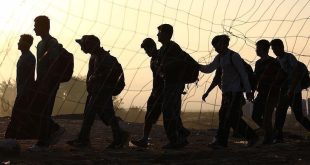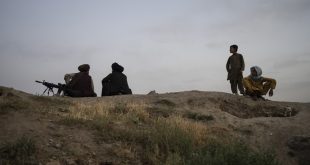AT News
KABUL: Fawzia Koofi, a former member of the Parliament who is representing the Afghan government in ongoing peace negotiations with the Taliban in Qatar, is hopeful that the stalemated intra-Afghan talks will resume and they will bring change in Afghanistan.
In an exclusive interview with Afghanistan Times, Koofi said she is affirmative that the Taliban’s ideology towards treating women has changed since their rule ended in 2001.

“As I see back home, the Taliban are letting women to go to school and work and enjoy their basic rights as equal citizens. I am hopeful that peace talks will herald an even bigger change in Taliban ideology towards human rights and women’s freedom of speech. It is an achievement of magnanimous scale if we compare these years with 1990s,” she said.
She recounted her sojourn over past decade, saying that her struggle is a symbol of resilience of Afghan people and women. “In my journey as a politician, I have faced innumerable challenges including assassination attempts, and discrimination, which helped become who I am today. I escaped unhurt two assassination attempts; first in 2010 when we were en route to Kabul from Nangarhar; and second was on August when I was coming to Kabul from Parwan after visiting some war victims. Two cars tried to stop my car and they fired at us and a bullet pierced through my right arm. I survived but got some bone fractures and I still can’t fully use my hands till now.”

“But I didn’t give up and chose to participate in peace negotiations because I think it is a symbol of resilience. When I was nominated for noble peace prize, it gave me and others in Afghanistan’s negotiation team a good reason to be more vocal and more consistent on our resolve to keep defending people and women of Afghanistan. I will continue my struggle to change the lives of our people. I am hoping all our efforts will make a difference in Afghanistan”.
“I am one of the four women in peace talks, and the only woman in the contact group that meets with Taliban representatives routinely. A great responsibility rests on our shoulders as our entire nation looks upon us for results, not only as a woman but as a politician and representatives of our nation”.
She said Afghanistan has achieved a lot in the past two decades. “We have a well-established constitution guarantees equal rights for all citizens, a dynamic media that is the bedrock of freedom of speech, and a transformed society which speaks volumes about development of Afghanistan.”
But, the biggest malady that befell our country after the fall of the Taliban was perpetuation of war and escalation of insecurity, which in turn gave impetus to weak rule of law, lack of good governance, culture of impunity, poverty and a systematic discrimination against individuals especially women.
She believes that state institutions have often been unable to live up to public expectations and to fully provide a potential platform for inclusion of all segments of society including women in socioeconomic and political theatres, or provide the legitimate rules and organizational capacity required to promote structural transformation, which overall has led to a weak rule of law, rampant corruption and consequently a deep distrust, pervasive fear and a sense of hopelessness in our society.
 Afghanistan Times
Afghanistan Times




